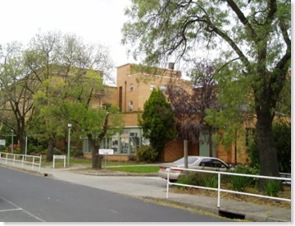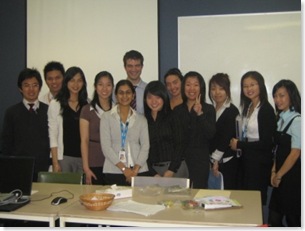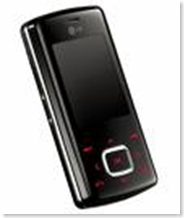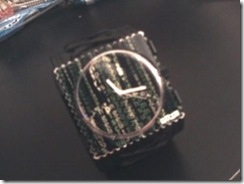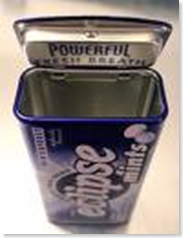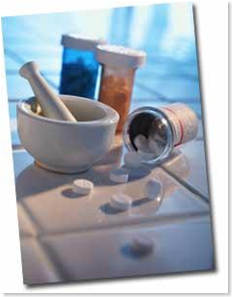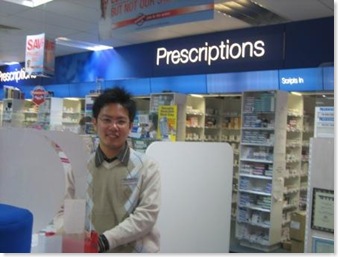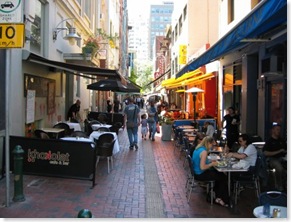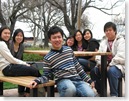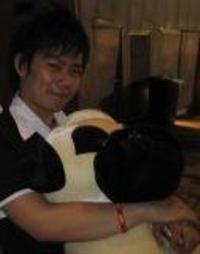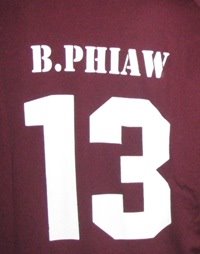
"With the pay they are getting there, it’s highly unlikely they will come back and serve here." 1
This is what the Public Services Department (PSD) or more affectionately known as JPA sees as the main reason why overseas scholarship holders are not keen to come back to Malaysia after finishing their tax-payers funded degree. Admittedly that's what the general public in Malaysia perceived also.
"Selfish ungrateful scoundrel! Use our taxpayers money to study overseas and then stay back to earn more money!"
I have no sympathy for them, because I always felt that if they are given a chance, they will do exactly that too.

As a PSD scholarship holder, I admit that the amount of money earned overseas is a big plus factor to stay put, but I never saw it as the number one reason for students to break bond. Money is not everything for the most of us.
What I saw as the main factor is the uncertainties about our future in Malaysia that make us reconsider our options of going home.
Throughout our studies here, PSD never inform us what we do not know what to expect when we get home. Whenever the officer came to see us, the highlight is always the delicious Nasi Briyani at the end of meeting. The rest is predictable. No, according to the rule, you cannot stay back. No, not even for further studies. What to do when you go back? Or just go to Putrajaya, they will sort it out.

It seems that their job is only to get us overseas to study and make sure we get back, and they are not even good at that.
"Another reason many students chose to stay back could have been due to PSD’s perceived lenient treatment of such students in the past." 1
Admittedly, that's a hell of a good reason. But we here prefer to call it ineffectiveness, not leniency.
PSD never bothers to tell us what our options are when we go back to Malaysia. They never bother to get us in touch with our destined profession back home in Malaysia, never told us about where we are likely to work, how the working condition is like, the salary and perks, the chances for further studies or promotion. There's a sense of detachment, a sense of uncertainty.
In contrast, we know what to expect when we start working in the country we graduate in. The options are clear and we are familiar with their laws and systems. And since I had carve out a road for myself here that is likely to secure my future, why should I let it all for for uncertainty? The only reason I can see is for the abstract and ungraspable concept called honour and patriotism.

Back to the point, I'm sure that if they spend more time giving us the information and reassure us about our future when we return to Malaysia, the chances of us going back is far higher. A sense of security is a basic human need, and if you can't supply them, don't start blaming those students.
And don't you start complaining that as we are top students, we should be resourceful and find out the opportunities by our own means. I know we know better than being spoon-fed but we really want to hear from the horse mouth. We want the reassurance and feel the sincerity. That's not too much to hope for in the view that we are going to sacrifice the bulk of our life working for the government when everyone knew that the money is greener outside.

So when we finish our course, we are staring into 2 different paths, one with the end as clear as day, the other shrouded with dense foliage and mist. It's a hard choice, and being realists, we are certainly not to do a Robert Frost and go for the road not taken.









